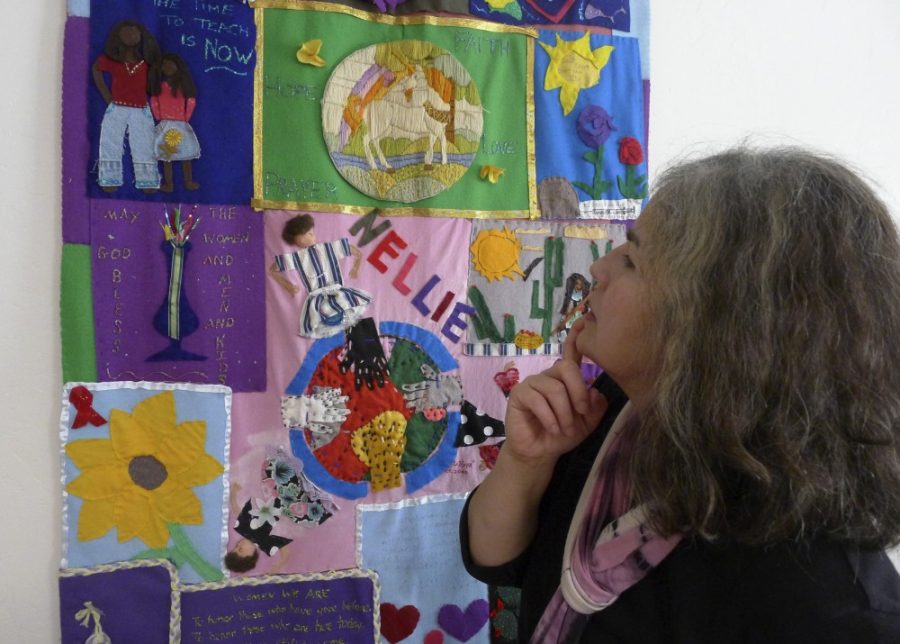Low-income mothers battling substance abuse now have another ally to assist them in their fight, thanks to a $1.6 million grant awarded to the UA by the Substance Abuse and Mental Health Services Administration.
The grant will be used by the UA’s Southwest Institute for Research on Women to establish a drug treatment program called Working Poor Mothers of Minors, or MOMs. The program will provide resources to mothers struggling with substance abuse so they can redirect their lives without sacrificing their jobs, their homes or the time they spend with their children. About 126 women and 214 children are expected to participate. Some 189 “appropriate family members,” like fathers, will also benefit from the grant.
Rosi Andrade, an associate research professor at the institute, began developing the program in March of 2011. Her brown eyes lit up as she spoke of the opportunities the program will offer its participants, who are often denied drug treatment because their incomes are just high enough to exempt them from qualifying for state-funded health care.
“Drug addiction is the ultimate ball and chain,” Andrade said. “What I anticipate and hope the program will do is lift the veil of a drug addiction and open up a different world for the women to engage in.”
One of the largest obstacles women in this situation face is qualifying for medical insurance. They may have a job baby-sitting, cleaning houses or waiting tables, but they do not earn a living wage, according to Andrade. Still, their income levels are too high to receive assistance. The MOMs program has been created to provide care to women who fall in this category.
“This (the grant) was so exciting because it allows us to serve a population we can’t normally serve,” said Nancy Hopping, director of outreach at the Haven, the local treatment center that will house the program.
Unlike other drug treatment services, MOMs will be compatible with participants’ schedules.
“They wake up at 4 a.m., they go to groups all day long, and then they also have to go to court,” said Corrie Brinley, the institute’s lead health educator and assistant research social scientist. “We can’t just expect people to put their life on hold for six months.”
Treatment will include 60 days of residence at the Haven. Here, the women will address addiction issues through support groups and therapy. They will also receive health care, educational assistance and professional support.
The women’s children will be able to stay at the center during their mothers’ rehabilitation as well. Many children whose mothers are drug addicts have mental and emotional problems that go unaddressed because their mothers’ treatment takes precedence over their needs, according to Andrade.
“We’re looking at the drug treatment not as a temporary response, but as taking the family unit through the treatment,” she said.
With support from the MOMs program, women and their children will attempt to address the intergenerational nature of substance abuse. Many women start using drugs in their adolescence as a way to cope with poverty and abuse, according to Brinley. Later in life, the addiction influences their children, who often fall victim to the same circumstances that forced their mothers to start using in the first place.
“Children model the behavior they see,” Hopping said. “It keeps going and going and going.”
Part of breaking the cycle means raising awareness about the challenges addicted mothers must overcome and removing the stigma associated with substance abuse, Andrade said.
“There’s a silence about the trauma that accompanies addiction, for women, for their children and for their families,” she said. “I think as a community we need to step up and talk about the topic openly and begin to address the issues openly. Too often we hide, we hide just as the women hide.”









